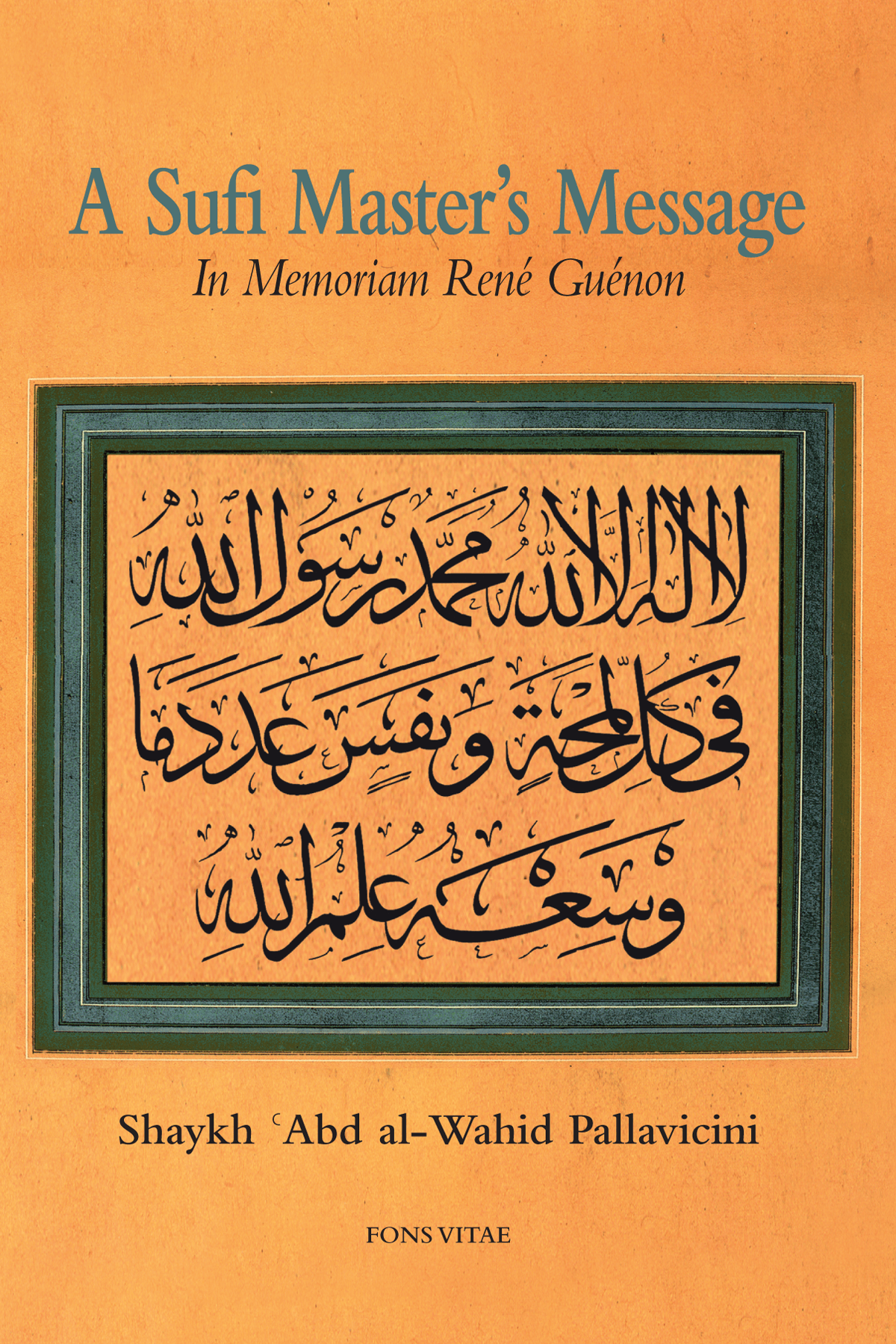Shaykh ‘Abd al-Wahid Pallavicini’s spiritual practice and metaphysical orientation gave him the resolve to return to Italy and bring home the blessings he received in the East. Upon his initial return, Italy in the seventies and eighties was a stranger to Islam; the country had yet to experience its current level of Muslim immigration.
After having been totally unknown for many years, the shaykh’s orientation has become well received in Italy.
During those decades, Shaykh ‘Abd al-Wahid Pallavicini would meet with the ambassadors of Islamic countries for Friday prayers (jumu’ah). Oftentimes they were unable to gather even the minimum number of seven men needed to perform the ritual properly. As he worked to serve the first generation of Italian Muslims, the Shaykh contributed to the establishment of the Islamic Cultural Center of Italy that now manages the Great Mosque of Rome.
At that time, the visionary Persian prince Abolghassem Amini was the Secretary General of the Islamic Center and he exerted great effort in establishing the Cultural Center and the Great Mosque of Rome.
Shaykh ‘Abd al-Wahid Pallavicini, has functioned as an intermediary between Christianity and Islam since 1986 when he was in Assisi as one of the members of the Muslim delegation invited by Pope John Paul II to participate in the first meeting with the representatives of the world religions.
He continued to bridge the two faiths during the years he acted as an ambassador between the Mosque of Rome and the Vatican.
He channeled a metaphysical quality still present in both the Muslim and Christian Orthodox communities of the East. Abiding by the teachings of Shaykh ‘Abd al-Wahid Yahya Gue´non, he did not intend to bring the metaphysical message to Christianity itself—which has always had this perspective and always will— but rather to the institutional structure of Catholicism.
REVIEW: A Sufi Master’s Message: In Memoriam René Guénon
By Shaykh ‘Abd al-Wahid Pallavicini
Louisville, KY: Fons Vitae, 2011. PP. 80. $16.95
Paper
Reviewed by Samuel Bendeck Sotillos
“Despite everything, there are still present, even in the[postmodern] West, men who, by their ‘interior constitution’, are not ‘modern [or postmodern] men’ but who are instead able to understand what the tradition essentially is and who do not agree to consider lay error as a fait accompli; it is only to such men that we have always wanted to turn.” – René Guénon
While the crisis of modernity has progressively escalated into a global meltdown and the masses are besieged by—the tyranny of mindless distractions, obsessive consumption of unnecessary goods, the insatiable thirst for unrestrained quantity, exploitation by illogical mechanisms of fear, the assault by hostile economic policies devised by the corporate hegemony virtually bloodletting the populace, the endless perpetuation of the war machine, the ever quickening of time, and the collapsing ecosystems of planet earth to name only a few—these are none other than reflections of the inner disarray, if not an utter eclipse of the human microcosm itself. One wonders where the regulatory agencies of today are to be found in this late hour and who would be the appropriate authority to be contacted regarding the imploding world that appears to be on an inescapable trajectory of self-destruction for it is not a simple question to answer and rightfully deserves considerable reflection.
From Volume 13. December 2012 Transcendent Philosophy – An International Journal for Comparative Philosophy and Mysticism (London Academy of Iranian Studies)
Read full article here: https://www.academia.edu/2567777/Book_Review_A_Sufi_Masters_Message_In_Memoriam_Ren%C3%A9_Gu%C3%A9non
